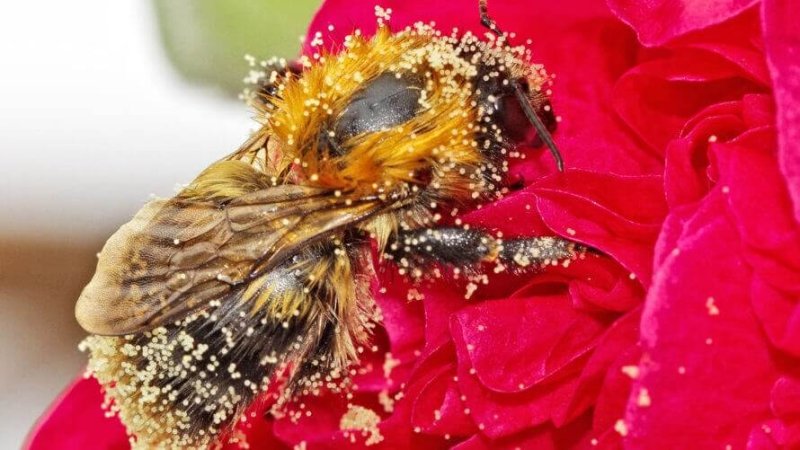For as long as beekeeping records have been kept, 1,100 years, there have been accounts of colony collapse disorder. Just about the only thing science has determined is not killing them off periodically are neonicotinoid pesticides, the one thing environmentalists insist is the problem.
While not in crisis, [bee populations] rebounded fine after the latest periodic blip in numbers, it’s good to think about how to prevent losses without incurring the cost of chemicals. One way, according to a new paper, is to prevent [parasite] spread between species.
…. [T]he new paper using 5,000 flowers sought to learn how parasites are spread across diverse bee and flower communities, including solitary bee species. They found that when bee communities are at their most diverse, the proportion of infected bees were at their lowest, and when flowers were at their most abundant, fewer were likely to be acting as transmission hubs.
The team screened more than 5,000 wildflowers and bees across a 24-week growing season, capturing changes as different flowers bloomed and different species of bee dominated. Over 110 bee species and 89 flower species were screened, revealing 42 percent of bee species (12.2 percent individual bees) and 70 percent of flower species (8.7 percent individual flowers) had at least one parasite in or on them.
Bees had the highest prevalence of parasites late in the season, when social bees formed the majority of screened bees and overall bee diversity was lowest. This suggests keeping bee diversity high, with a variety of social and solitary species present, could help reduce the spread of parasites.































